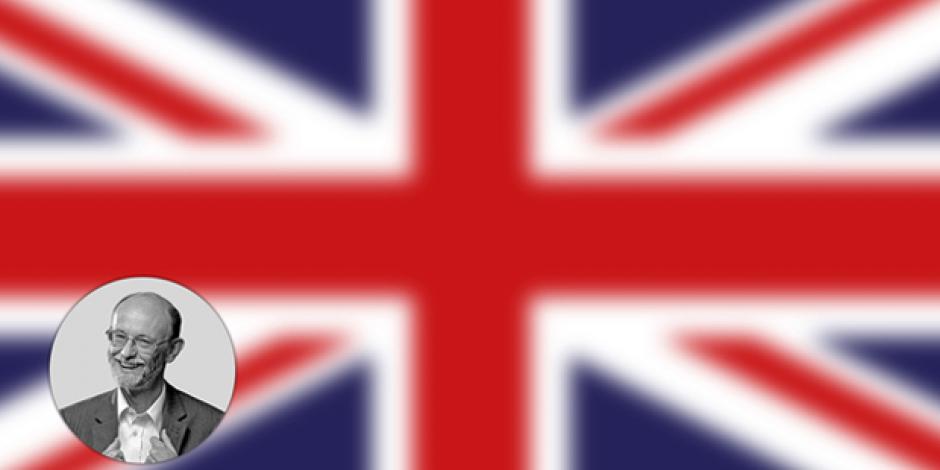Starten Sie den Audio-Text
Mit dem Audio-Player können Sie sich den Text anhören. Darunter finden Sie das Transkript.
Transcript: New towns for a new year
Britain needs more homes. You can add a few flats and houses to every town and village as the population grows, but there comes a point when you simply need more towns.
It’s been done before. Milton Keynes, a big new town halfway between Oxford and Cambridge, was built in the 1960s. The name belonged to a local village and was no doubt chosen because it sounds a bit classy (ifml.)nobel, exklusivclassy. Milton was a poet in the 17th century, and Keynes was an economist in the 20th.
We could use this formula again. For the literary half, J. K. Rowling could be a candidate. She wrote the Harry Potter stories. Then we would just have to wait for an economist called Rocking. That would give us a nice new town called Rocking and Rowling. What a fun place to live!
It’s not that implausible. Many British towns and villages have names that end in “-ing”. In the south, there are Woking and Worthing. Further north, there’s Kettering, and in Scotland, there’s Stirling. They all sound a bit like verbs.
Parts of London sound like verbs, too. Tooting and Barking have stations on the Underground: one is on the Northern Line, the other is on the District Line. If they ever built a line that linked the stations directly, they’d no doubt call it the Gerund Line.
If you build a new town, it certainly needs a station. Far too many railway stations were closed in the 1960s, when they were no longer thought to be economical. A new town also needs a name that sounds positive; for example, an energetic gerund like Jogging, Skiing or Working. There are villages in the east of England called Great to snoreschnarchenSnoring and Little Snoring, but they’ll never be chosen as the site of Britain’s next megacity. They’d always be as sleepyverschlafensleepy as they sound.
In any case, you wouldn’t want passengers who arrive in a new town by train to hear an automatic voice say: “Next stop: Snoring”. Telling people to stop snoring isn’t very welcoming. Indeed, English-speaking visitors to Munich have this problem when they take the S-Bahn from the airport. As we to snooze (ifml.)kurz schlafen, ein Nickerchen machensnooze to get over our jet lag, we are woken to be told: “Next stop: Unterföhring”.
“I wasn’t to interferesich einmischen, störeninterfering! I was fast asleep till you woke me. And don’t try to tell me I was snoring.”
The word “stop” does make announcements on trains sound like New Year’s resolutionshier: gute Vorsätzeresolutions. Perhaps that’s why Britain’s trains use a different phrase: “The next station is Barking,” we’re told.
On SilvesterNew Year’s EveNew Year’s Eve, though, when you can traditionally use London’s public transport free of charge to help get you home safely after the celebrations, the announcements could follow Munich’s example. It would help passengers to focus on the lifestyle changes they’re planning for the year aheadvoraus liegendahead: “Next, stop smoking; next, stop drinking; next, stop snacking”, and so on.
On reflection, Rocking and Rowling’s not a good name for a town. Imagine hearing: “Next stop: Rocking and Rowling”. That’s not good advice: you should never stop rocking and rolling.
Neugierig auf mehr?
Dann nutzen Sie die Möglichkeit und stellen Sie sich Ihr optimales Abo ganz nach Ihren Wünschen zusammen.



